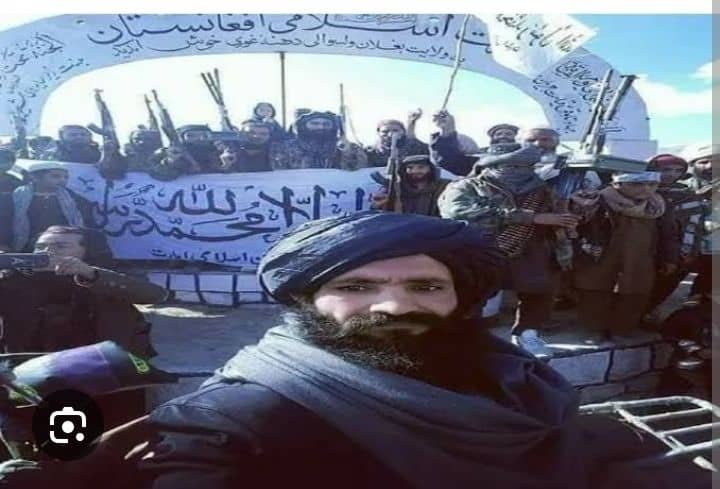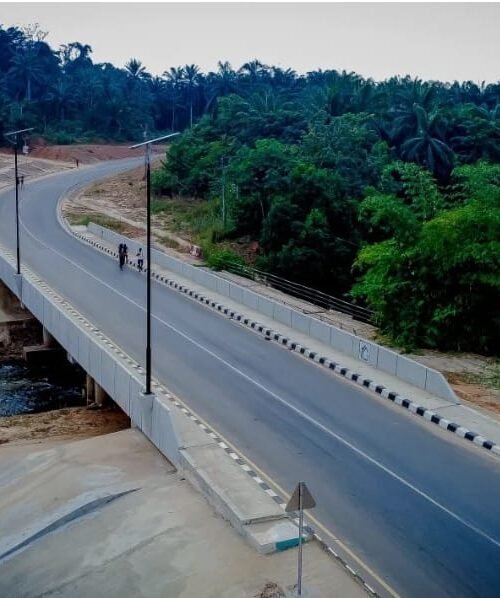The Sleeper Cells Are Waking Up
In recent years, there has been a growing concern about the rise of sleeper cells around the world. These cells, often made up of small groups of individuals, operate secretly within communities, waiting for the perfect moment to strike. According to experts, the rise of sleeper cells is a result of the increasing globalization and interconnectedness of the world, which has made it easier for terrorist organizations to spread their ideology and recruit new members.
One of the most worrying aspects of sleeper cells is their ability to blend in with their surroundings. These individuals often appear to be normal, law-abiding citizens, making it difficult for law enforcement agencies to detect them. However, beneath the surface, they are often harboring extremist ideologies and waiting for the opportunity to carry out an attack. The 2016 Berlin Christmas market attack, which killed 12 people and injured 56 others, is a prime example of the devastating impact that sleeper cells can have.
The rise of sleeper cells has also been linked to the increasing use of social media and the internet by terrorist organizations. These platforms provide a means for terrorist groups to spread their ideology, recruit new members, and communicate with each other. According to a report by the Brookings Institution, 70% of terrorist organizations use social media to recruit new members and spread their message. This has made it easier for sleeper cells to form and operate, often without being detected.
As the threat from sleeper cells continues to grow, it is essential that law enforcement agencies and governments around the world take action to prevent and disrupt these cells. This requires a coordinated effort, including increased surveillance, intelligence gathering, and community engagement. By working together, we can prevent the rise of sleeper cells and keep our communities safe from the threat of terrorism.
2016 Berlin Christmas Market Truck Attack
On December 19, 2016, a terrorist attack occurred at a Christmas market in Berlin, Germany. A truck driven by Anis Amri, a 24-year-old Tunisian national, was intentionally steered into the crowded market, killing 12 people and injuring 56 others. The attack occurred at around 8:00 pm local time, when the market was filled with people shopping and socializing.
According to official reports, Amri had been living in Germany since 2015 and had been under surveillance by German authorities due to his suspected ties to Islamist extremist groups. Despite this, he was able to obtain a permit to stay in Germany and was even able to work as a truck driver. The attack was later claimed by the Islamic State (ISIS) terrorist group, which released a video showing Amri pledging allegiance to the group.
The aftermath of the attack saw a significant increase in security measures across Germany, with increased police presence at public events and markets. The attack also sparked widespread condemnation and outrage, with Chancellor Angela Merkel describing it as a “terrorist attack” and promising to do everything in her power to prevent similar attacks in the future. According to a survey conducted by the German newspaper Bild, 71% of Germans felt that the attack had made them more fearful of terrorism.
In the years following the attack, there have been numerous investigations and reviews of the events leading up to the attack. A 2017 report by the German parliament’s interior committee found that there had been significant failures in communication and coordination between different law enforcement agencies, which had allowed Amri to slip through the cracks. According to the report, Amri had been known to authorities as a potential threat since 2015, but had not been detained or deported due to a lack of concrete evidence.
Magdeburg Christmas Market Attack, 2024
Regarding the 2024 Magdeburg car attack, on December 20, 2024, a vehicle-ramming attack occurred at a Christmas market in Magdeburg, Germany. The driver, identified as Taleb Al-Abdulmohsen, a 50-year-old doctor from Saudi Arabia, was arrested at the scene. The attack resulted in 5 deaths and over 235 injuries.
New Orleans Attack, 2025
A tragic incident occurred in New Orleans on New Year’s Day, January 1, 2025. A driver, identified as Shamsud Din Jabbar, 42, plowed his pickup truck into a crowd celebrating in the French Quarter, killing 10 people and injuring over 35, including two Israelis. The suspect, who was reportedly wearing full military gear, opened fire after crashing the truck and was later killed in a shootout with police.
The incident happened at 3:15 am at the intersection of Canal and Bourbon Streets, a popular tourist destination known for its vibrant nightlife. Witnesses described the scene as chaotic, with bodies scattered across the street and people bleeding from severe injuries.
According to officials, the suspect swerved around barricades and struck two police officers, who were in stable condition. The FBI is investigating the incident as a potential act of terrorism, and the city’s mayor has called it a terrorist attack.
Trump Hotel Attack, Las Vegas, USA
A Tesla Cybertruck exploded outside the Trump International Hotel Las Vegas on January 1, 2025, killing one person and injuring seven others. The incident occurred at around 8:40 a.m. PST, when the Cybertruck, which had been rented in Colorado using the Turo app, caught fire and exploded in the hotel’s porte cochère.
The vehicle was found to be filled with firework materials and gas canisters, and authorities are investigating whether the incident was intentional. The FBI is treating the explosion as a possible terrorist attack, and President Joe Biden has been briefed on the incident.
Tesla CEO Elon Musk has stated that the vehicle was functioning properly, and the company is conducting its own investigation into the incident. The explosion is also being investigated in connection with a similar incident in New Orleans that occurred hours earlier, in which the same car-sharing app was used.
Shocking Coincidences?
According to reports, the incidents at New Orleans and Trump Hotel Las Vegas were allegedly carried out by US Army veterans who served in Iraq and were influenced by ISIS ideology.
Authorities have identified the suspects as individuals who were radicalized online and were inspired by ISIS propaganda. The investigation has revealed that the suspects had been planning the attacks for several months and had used encrypted communication channels to coordinate their efforts.
The fact that the suspects were US Army veterans who served in Iraq has raised concerns about the potential for radicalization among military personnel and veterans. It has also highlighted the ongoing threat posed by ISIS and its ability to inspire and influence individuals to carry out acts of terrorism.
The incidents have sparked a renewed focus on counter-terrorism efforts and the need for increased vigilance and cooperation between law enforcement agencies to prevent future attacks.
In the context of the recent attacks, the question of whether Africa is safe is a complex one.
While the attacks in New Orleans and Trump Hotel Las Vegas were allegedly carried out by individuals influenced by ISIS ideology, there is no direct evidence to suggest that Africa is a specific target or that the continent is inherently unsafe.
However, it is true that some African countries have faced challenges related to terrorism and extremism in recent years. Groups like Boko Haram, Al-Shabaab, and ISIS have been active in various parts of the continent, and have carried out attacks in countries like Nigeria, Somalia, and Egypt.
Despite these challenges, many African countries have made significant progress in recent years in terms of improving security and stability. Additionally, the African Union and regional organizations have been working to strengthen counter-terrorism efforts and enhance cooperation between member states.

Overall, while there are certainly security concerns in some parts of Africa, it is not accurate to make a blanket statement that the entire continent is unsafe. Each country and region has its own unique security situation, and travelers and investors should exercise caution and do their research before making decisions.
Dr Chukwuemeka Ifegwu Eke writes from the University of Abuja Nigeria.







